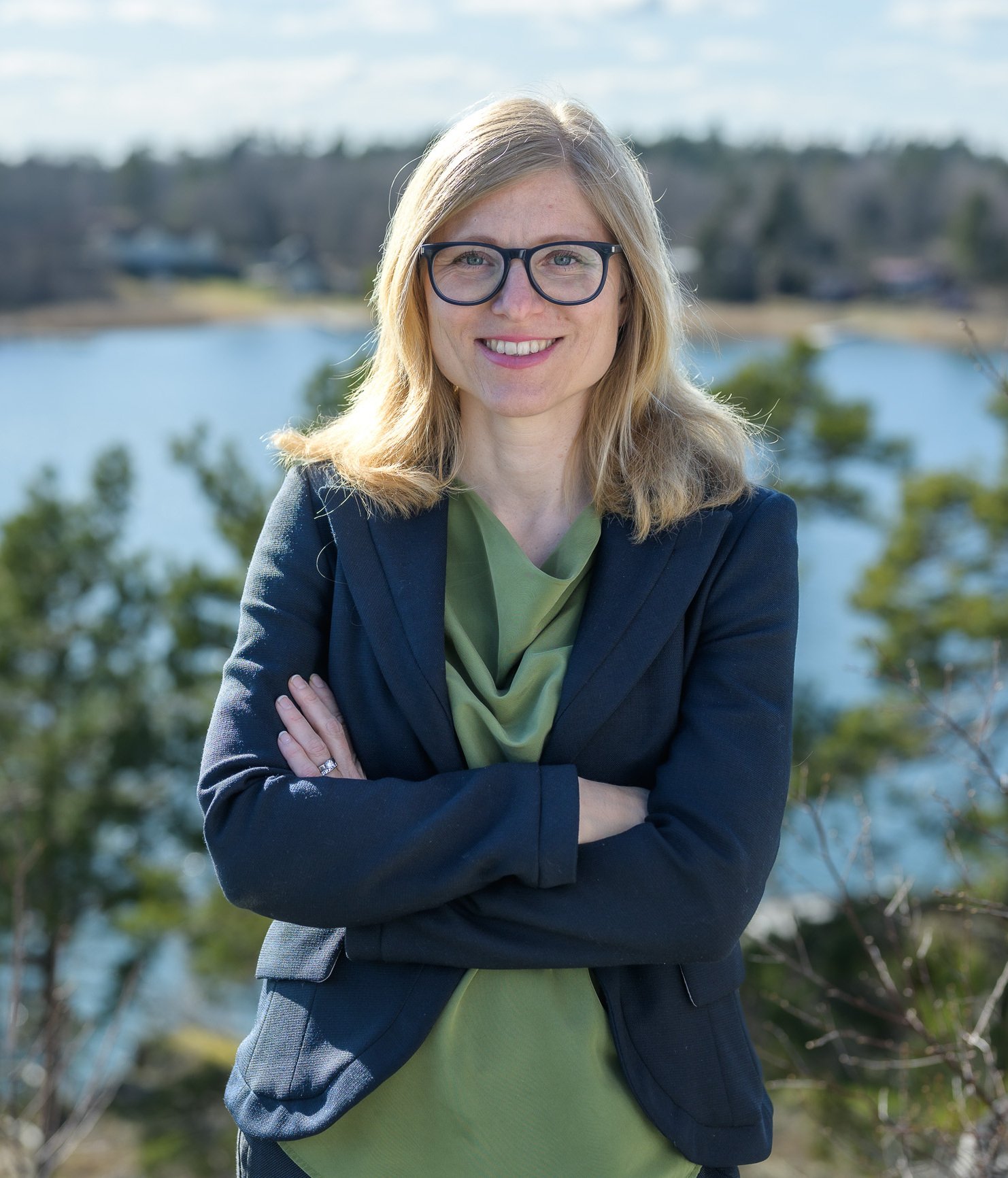New thesis on a rehabilitation program for people who have had a stroke
Hi Kajsa Söderhielm, dcotoral student at the Division of Occupational therapy. On October 24 oktober you will defend your thesis ”Supporting person-centred, team-based stroke rehabilitation with ICT : implementation and evaluation of F@ce 2.0”. What is the main focus of the thesis?

”This thesis looks at a rehabilitation program called F@ce 2.0, designed for people recovering from a stroke. The main goal is to make rehabilitation more person-centred by helping individuals work toward activities that matter most in their daily lives. The thesis also examines how digital tools can support this person-centred approach and explores how the program can be put into practice by actual rehabilitation teams”, says Kajsa Söderhielm, doctoral student at the Department of Neurobiology, Care Sciences and Society.
Which are the most important results?
”The main findings show that people who had a stroke—and their families—found the F@ce 2.0 program motivating and helpful. However, when comparing the program to regular rehabilitation, there was no difference in overall results. An interesting discovery was that rehabilitation teams felt the program changed how goals were set, making them more focused on what matters to the individual. The thesis also shows that using simple technology, like SMS reminders, can be a practical way to support in-person rehabilitation. Finally, the results highlight how challenging it can be to combine everyday clinical work with research.”
How can this new knowledge contribute to the improvement of people’s health?
”Hopefully the thesis can contribute to the ongoing strive of increasing collaboration in stroke rehabilitation, focusing on what is most important to the stroke survivor. The findings can also help guide future research on digital solutions for stroke rehabilitation.”
What’s in the future for you? Will you continue to conduct research?
”I will continue to do research in two different projects. The first one is focused on increasing participation in daily activities for older people receiving homebased care. The other project involves people with aphasia (language impairment) after stroke and evaluates a tool to support them in preparing for follow-up visits in primary care, making sure that no urgent issues are overlooked due to communication difficulties.”
